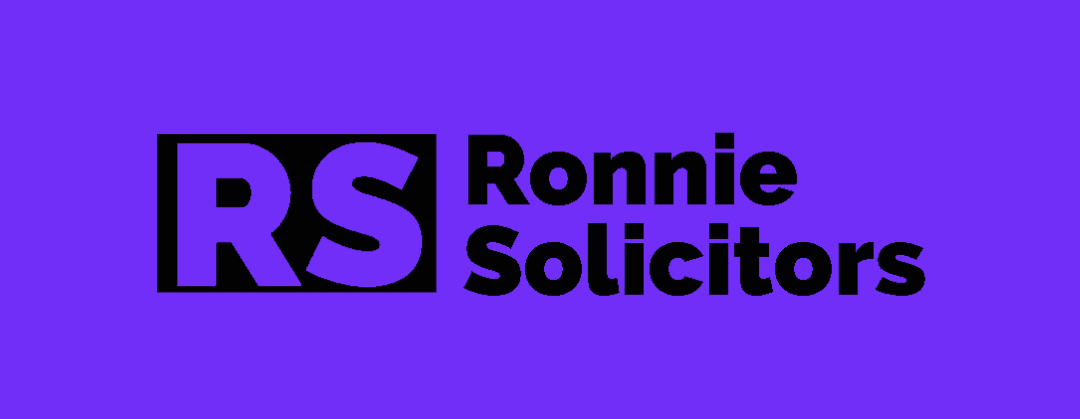Even if your landlord isn’t legally required to do so, they are nonetheless responsible for meeting certain legal responsibilities.
Before your lease begins
Private landlords and brokers must verify your immigration status and that of any adult who resides with you before leasing a room or property.
This is known as a right to rent inspection. Find out more here
Information about the start of your tenancy
At the start of your tenancy, the landlord is required to give you:
- A form of energy certificate (EPC) indicating a property’s energy performance
- If your home has gas appliances, you’ll need a gas safety certificate.
If you have an assured shorthold tenancy that began or was renewed on or after October 1, 2015, your landlord must also provide you with a copy of the How to Rent booklet.
Tenancy deposits are initial payments to the landlord made by a tenant in advance.
If you’re an assured shorthold tenant, your landlord must place your tenancy deposit in a deposit protection scheme.
If your deposit was not protected as it should have been:
- You may request compensation
- It’s more difficult for your landlord to terminate your tenancy
It is not necessary to safeguard deposits from lodgers.
Unless they have a compelling reason to do so, your landlord is required to return your deposit after your tenancy has ended.
Repairs
The majority of repairs in your apartment are the responsibility of your landlord.
If your landlord requires access to the property to view it, they should:
- Give at least 24 hours’ notice by mail or email.
- Set aside a good moment to come.
Safety and Health Considerations
A landlord must make sure that certain conditions are met:
- Gas safety inspections should be done once every 12 months by a Gas Safe certified engineer.
- Check to see whether all wiring and electrical equipment are in working order.
- On each floor, smoke alarms should be provided and carbon monoxide detectors in any room with a coal fire or a wood-burning stove.
If you live with your landlord, there is no law requiring you to have a smoke alarm.
Variable-rate and rent hikes
Your landlord must inform you about the time and method by which your rent should be paid. If you pay your rent every week, your landlord is required by law to give you a rent book.
Landlords must adhere to different rent hike restrictions based on the sort of tenancy they have.
Allowing you to appreciate your house
Landlords must not interfere with you and your family’s ability to live in your house.
Your landlord should not just let them into your property.
A fair landlord should not hassle you or make it difficult for you to stay on your property.
Rules of eviction
Eviction is a lengthy procedure that must be followed. The majority of private renters go through three stages:
- There should be sufficient notice provided.
- court action process
- Bailiffs have been used to force people out of their homes.
If your landlord or agent fails to follow the proper procedure, it might be an unlawful eviction.
If you’re a lodger who lives with your landlord, you have fewer rights.
Your landlord will provide you with a notice
A tenant in a private home has an assured shorthold tenancy.
Assured shorthold tenants may usually be evicted through the section 21 procedure.
Learn about eviction notices if you have a different sort of tenancy.

